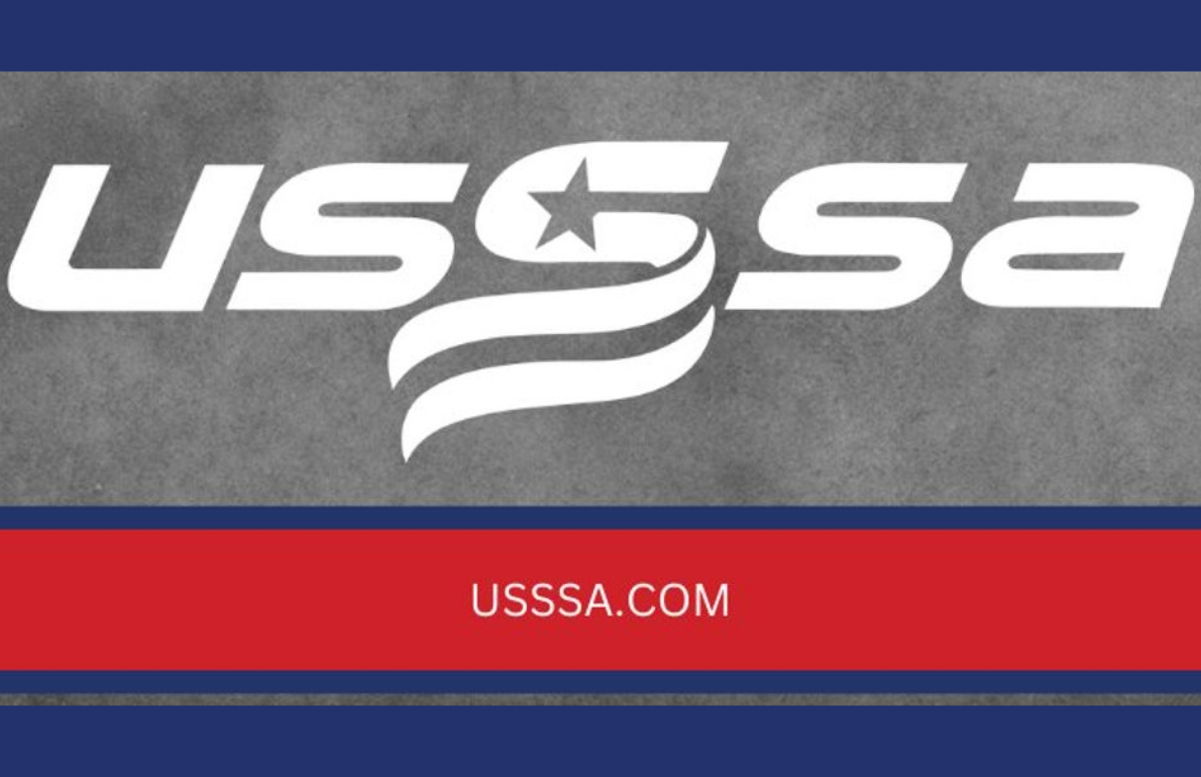Two recently terminated employees have filed a federal whistleblower lawsuit accusing a nonprofit sports association’s CEO of using the organization’s funds for personal benefit and to run an illegal bookmaking and sports betting business. The whistleblowers also accuse the CEO of illegal drug use, mail and wire fraud, tax fraud, and violations of the federal Racketeer Influenced and Corrupt Organizations (RICO) Act of 1970.
The 91-page lawsuit against the United States Specialty Sports Association (USSSA) in Viera, Florida was filed in the United States District Court for the Middle District of Florida in Orlando. The plaintiffs, former Chief Operating Officer Brian Wegman and former Vice President of Information Technology Thomas Horrom, took the action after they were terminated allegedly in retaliation for reporting the concerns earlier this year.
They allege in lawsuit that CEO Donald DeDonatis III has been running “a sizable and illegal bookmaking and sports gambling business” for the past nine years with the help of his cousin Jason Hornbacher, USSSA’s national program director, through offshore website AnySport247.com. The pair allegedly have been using USSSA staff and facilities to run the side business in violation of federal and state laws including one instance where DeDonatis allegedly directed an unnamed employee “to receive an envelope filled with cash from individuals in an automobile outside of USSSA’s offices.”
Three other USSSA officers also are named as defendants. They are: Wendy Anderson, general counsel; Richard Fortuna, board chairman; and Courtney Ceo, vice president of brand management and business strategy.
It is further alleged in the suit that USSSA’s board loaned more than $1 million to DeDonatis in January 2016 and later extended the repayment terms to him without reporting this on the organization’s Form 990 filing with the Internal Revenue Service (IRS). According to the whistleblowers, Anderson informed USSSA’s board in writing during 2018 that the loans were illegal but “took the unusual step” with Fortuna in 2020 of preparing an undated loan modification agreement on unusually advantageous terms to DeDonatis in violation of federal and state laws prohibiting nonprofit earnings from being used to benefit an officer, board member or other private individual.
The accused later allegedly “doctored” USSSA’s books and records including its Form 990 statements to conceal these activities, according to the plaintiffs. “As such, USSSA’s Form 990 filings and financial entries in the relevant years were inaccurate” and “USSSA and Defendant DeDonatis may be subject to potential criminal penalties for false statements.”
Also detailed in the suit are allegations that DeDonatis used his position to bestow favors and promotions on Ceo, with whom he was said to be in a romantic relationship. Ceo, a former standout softball player for the University of Oregon and later for a professional team directly sponsored by USSSA, became an employee of the organization in 2018. She then “leveraged her prized position as Defendant DeDonatis’ paramour to attain influence and authority” including a promotion to her current position that DeDonatis arranged by terminating the organization’s marketing director who previously held the position, it is alleged in the lawsuit.
After the marketing director sued, DeDonatis allegedly conspired with Anderson and Fortuna to buy the marketing director’s silence by offering him a generous severance package with “robust non-disparagement clauses and legal releases to ensure (he) was silent and would not challenge his illegal termination. In line with his consistent practice, Defendant Fortuna then approved the settlement without notifying or even disclosing the matter to other USSSA Board members,” according to the suit.
DeDonatis is further accused of using USSSA funds to pay for personal expenses including “lavish dinners at high class restaurants, travel and hotel expenses for amorous rendezvous with Defendant Ceo, gas for his personal vehicle,” and more. Additionally, it is claimed DeDonatis was engaged in illegal use of prescription and non-prescription drugs that Anderson and Fortuna helped cover up by resisting demands that DeDonatis be tested after other board members expressed concerns about his behavior.
To prevent employees from reporting his activities, DeDonatis later engaged in “illegal and non-consensual surveillance of USSSA employees” by placing an illegal voice recording device in the office of one employee and monitoring employees’ use of USSSA-issued cell phones to determine who they were communicating with. The efforts by the above-named defendants to cover up these activities cumulatively amounted to a violation of RICO, according to the plaintiffs.
“Each RICO Defendant agreed to participate, directly or indirectly, in the conduct of the affairs of USSSA through a pattern of racketeering activity comprised of numerous acts of illegal bookmaking and sports gambling activities, money laundering, mail fraud, wire fraud, illegal drug use, tampering and retaliation, and each RICO Defendant so participated in violation of 18 U.S.C. § 1962(c),” according to the suit.
Phone messages to the above-named defendants were not returned. However, a USSSA spokesperson told The NonProfit Times via a statement that USSSA is aware of the allegations. “We plan to vigorously defend ourselves against these claims to restore the integrity and reputation of our organization. We are unable to comment further at this time,” said the spokesperson.
USSSA was founded in 1968 and has long been known as a leading promoter of baseball and softball, including women’s baseball, as well as other sports. The organization relocated six years into the newly built Space Coast Stadium Complex, a modern state-of-the-art facility in Viera, Florida.
USSSA’s most recently available Form 990 showed it with annual revenue of $19.2 million. DeDonatis’ salary was listed as $466,900.










